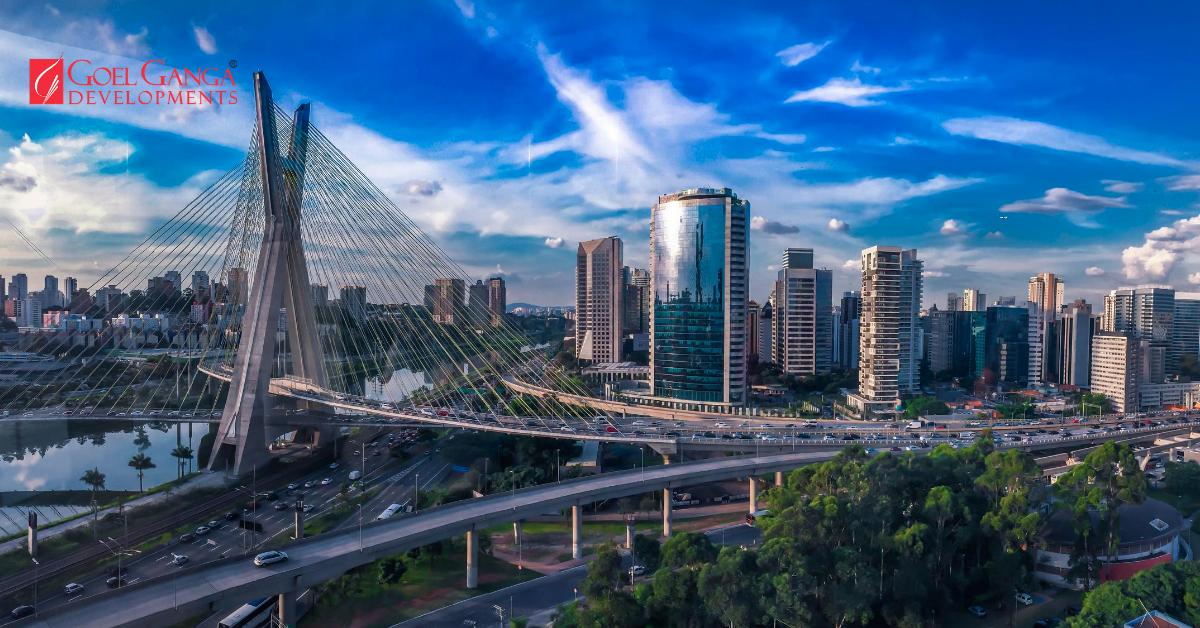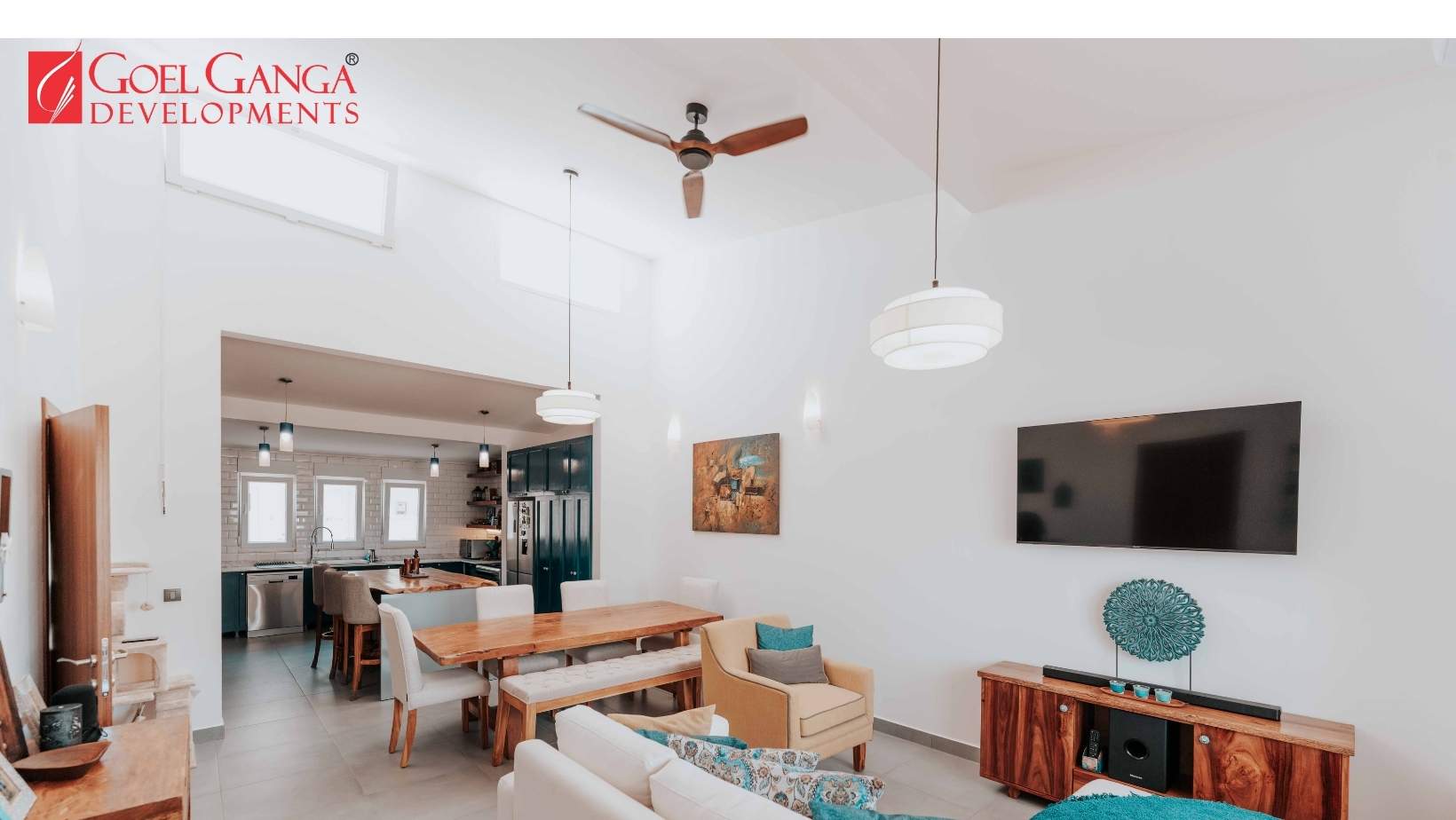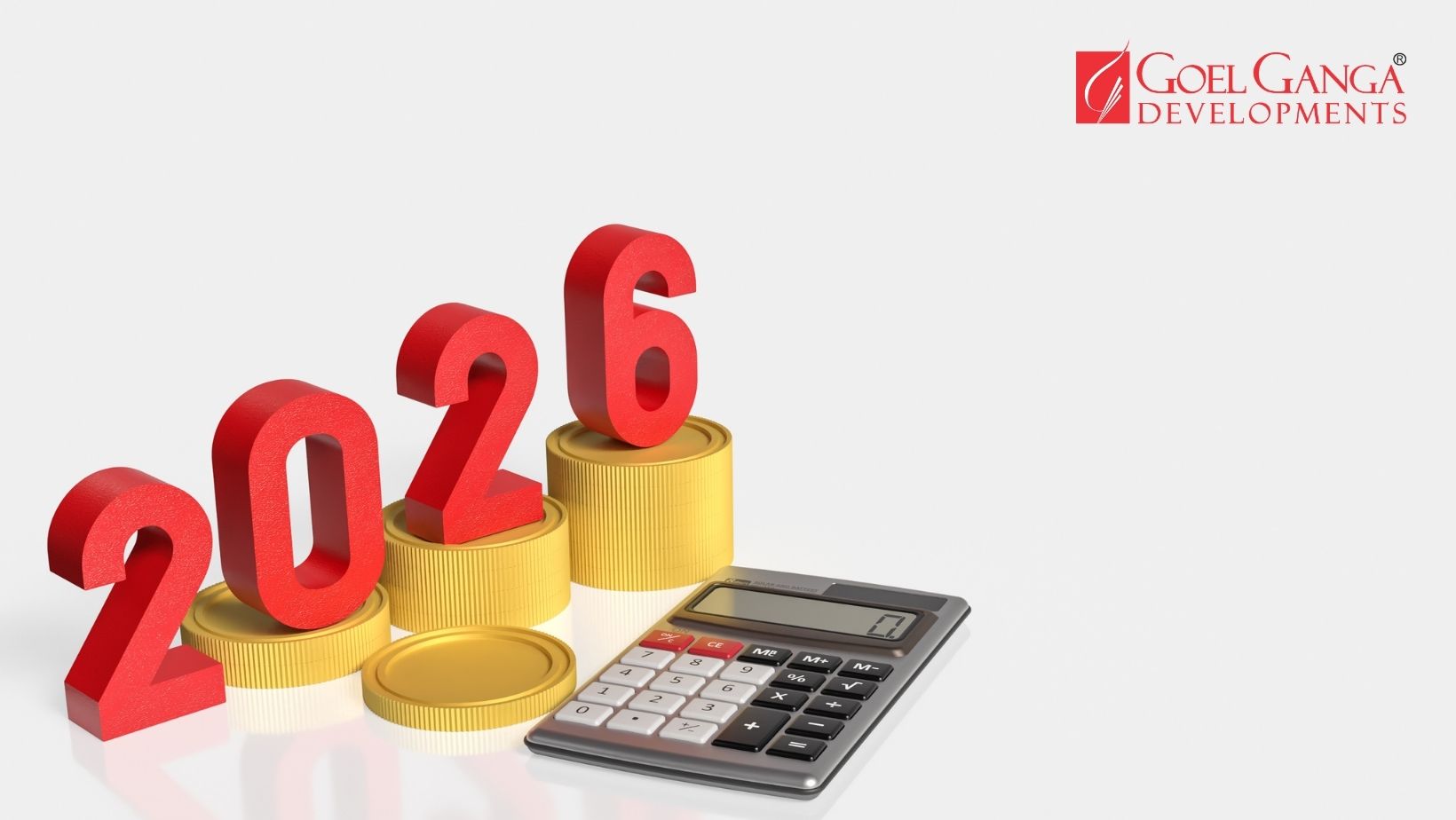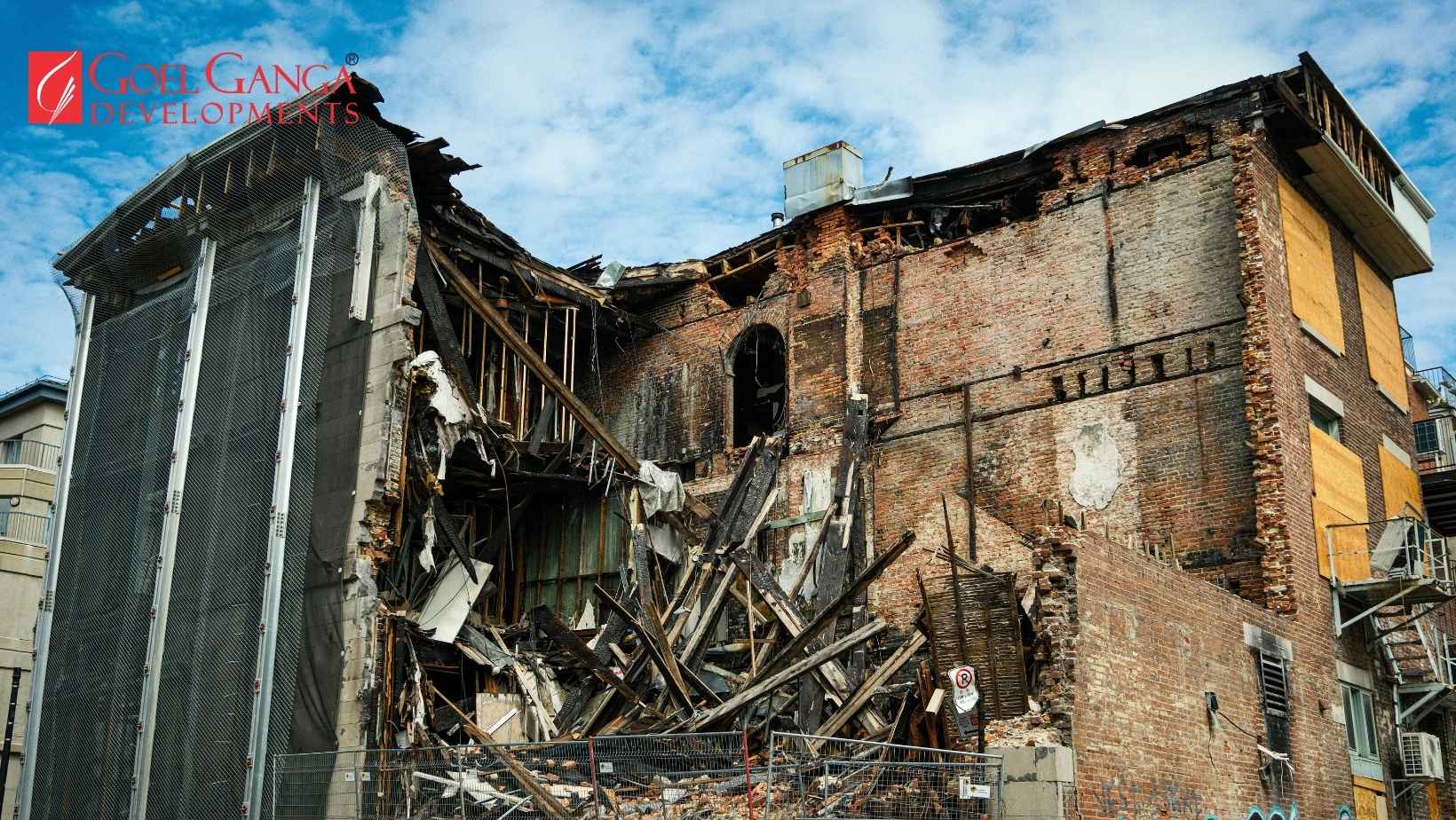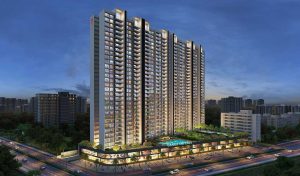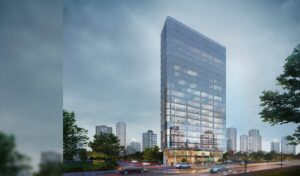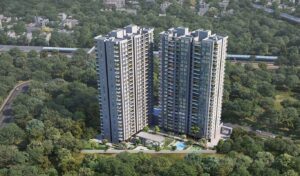As the population of India is growing rapidly, the demand for commercial real estate is rapidly increasing. Therefore, investing in commercial properties can help you reap high returns on investment. Investing in commercial real estate is not as difficult as it may seem. Keep the following tips for buying Commercial Properties in mind while investing and you are all sorted!
Choosing a viable model
Fractional ownership models might differ depending on the type of commercial property and the tax treatment.
- Joint ownership: Under this arrangement, all owners can claim ownership of the property and continue to use it as they like.
- Cooperative model: Those interested in investing in commercial real estate create a cooperative society, and the community acquires on their behalf.
- Trust layout: A group of trustees joining together to purchase a property. However, the trust’s creator must be able to sell the asset. Additionally, the seller must sign the trust deed on behalf of the potential fractional owners.
1. Research the market
Firstly, you need to study the trends of the market well in order to gain profit. Before investing in the property, you should analyze the scope of future development in the locality. Buying a project in a developing area is more profitable rather than buying a project in a well-developed area as it provides you high returns on investment.
2. Review the location
Location is the key factor to be considered while investing in a commercial property. The location should be accessible from the other location with a sound infrastructure. Property on the prime location will guarantee assured returns on your investment.
3. Consider your investing options
Commercial real estate includes retail shops, industrial complexes, office buildings, large apartment buildings, and many more. You should determine which type of commercial real estate you want to deal with.
Commercial Properties in Pune
4. Consult an expert
Buying a commercial real can be difficult when you have no prior experience in this field. Take advice from experts like accountants, lawyers, and property consultants who will help you to get through the complex procedures of finance, legal aspects and also inform you about viable properties in the area.
5. Check the layout plan
The layout has a major impact on operational efficiency. Make sure the project has received all the approvals from the concerned authority so that you don’t end up making any wrong investment decisions.
6. Lease structure
The lease is a long-term agreement between the owner of the space and the business. While analyzing an investment the tenant must understand the lease structure and the risk involved in the investment.
7. Choose the right builder
While you invest in a commercial property make sure that you opt for a reputed builder with a good track record of successfully completed projects. You should always cross-check the credibility of the builder.
8. Acknowledge the risk factor
Before buying any commercial property, take into account all the possible risks. Review the market trends, the geographical location, and the building’s history to gauge the risk involved in buying the property.
9. Infrastructure and neighborhood
Developments like railway line construction etc. might affect the value of your property value. Also, clearly study the availability of basic utilities like electricity, water, drainage, etc.
10. Assess the rental earnings after tax and insurance
Evaluate the earnings that you will make after paying the tax and insurance to learn how much you can earn annually after deducting all these costs. It will help you to know how your investment will look going ahead.
11. Value Assessment
Study the value of similar properties in the proximity and gather information on the kind of rents that other properties have so that you can negotiate well with the seller. To make a good commercial deal negotiation is important.
12. Check the quality of the tenant
A good tenant can significantly increase the value of a commercial property. Good tenants pay rent on time, pay higher deposits, stay longer, and increase the value of the property.


